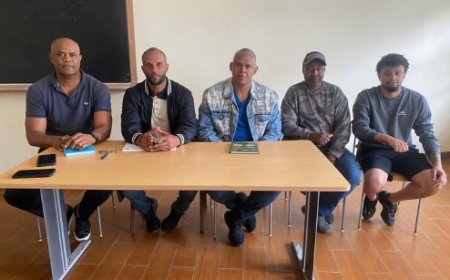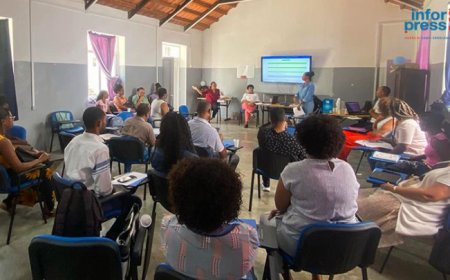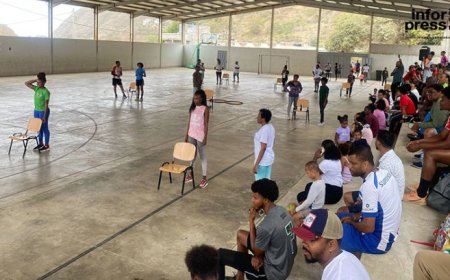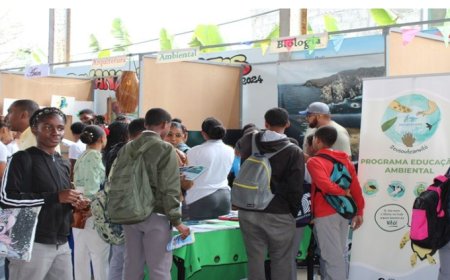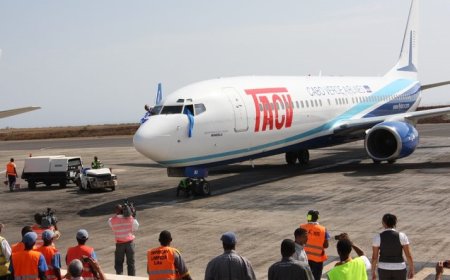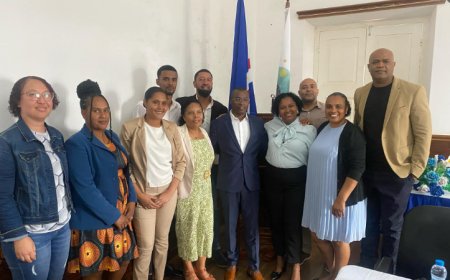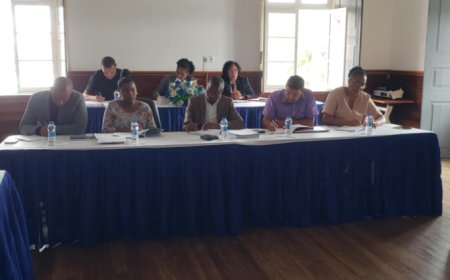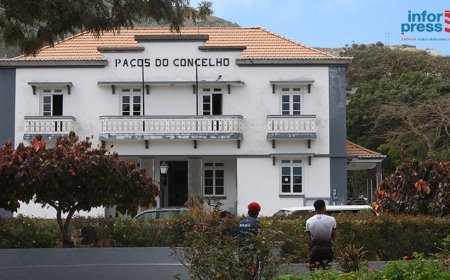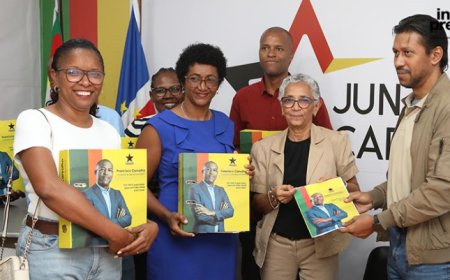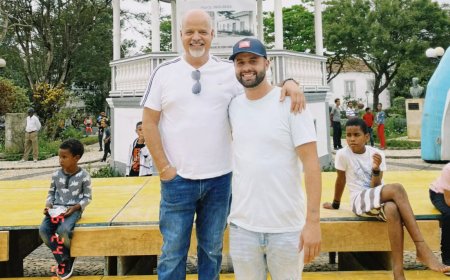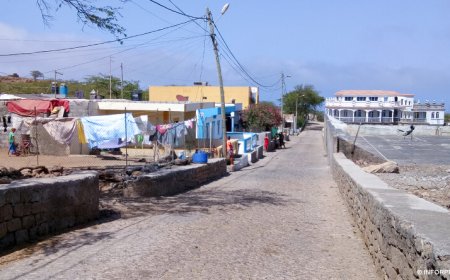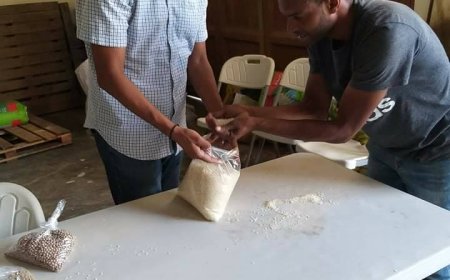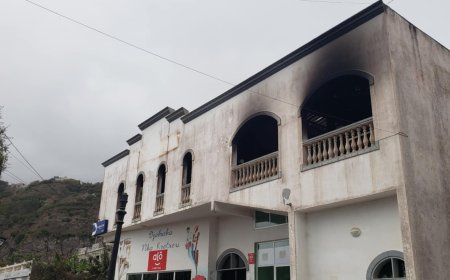Brava: Works on the first desalination plant ready within 180 days
The works for the water desalination plant in the town of Furna, on Ilha Brava, have already started and delivery is expected to take three months, the mayor, Francisco Tavares, told Inforpress today.
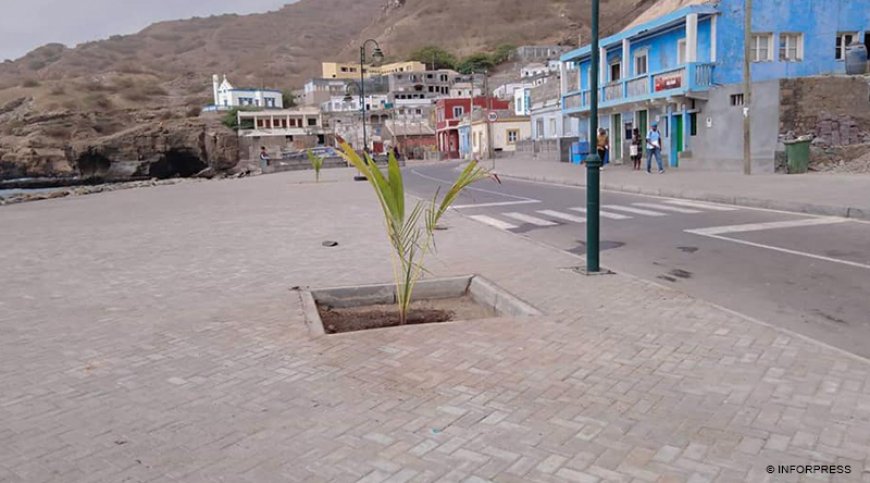
The works for the water desalination plant in the town of Furna, on Ilha Brava, have already started and delivery is expected to take three months, the mayor, Francisco Tavares, told Inforpress today.
According to the local mayor, the construction work has already started and will probably take about two months and another month for installation and testing.
The desalinator at Furna will have the capacity to produce 60 cubic meters of water, 20 using solar energy and 40 using conventional energy, which is intended only for this port community.
The works are being carried out by Águabrava, since the equipment was offered to the State of Cape Verde by the Government of France, and these are already in Cidade da Praia, with the Cape Verdean company, representing the French company, preparing all the process, waiting only for interventions in the space to assemble the equipment.
Still, in the context of desalination, Francisco Tavares advanced that he has information that the project for the desalination unit of Esparadinha is already "well advanced" and this will consist of two modules of 250 cubic meters / day each, to supply the rest of the island.
On a visit to the island last July, the Minister of Agriculture and Environment, Gilberto Silva, pointed out that this will be a hybrid desalination plant, which will work essentially with solar energy, to lower costs and, according to the minister, this measure is within the philosophy of “transforming” Brava into a sustainable island.
He also stressed that the Esparadinha project is budgeted at around 260 million escudos, which are already guaranteed, through Luxembourgish cooperation, within the framework of the IV Indicative Cooperation Program (PIC IV), which includes water and sanitation as an intervention sector and also extends to renewable energies.
MC/CP
Inforpress/end






